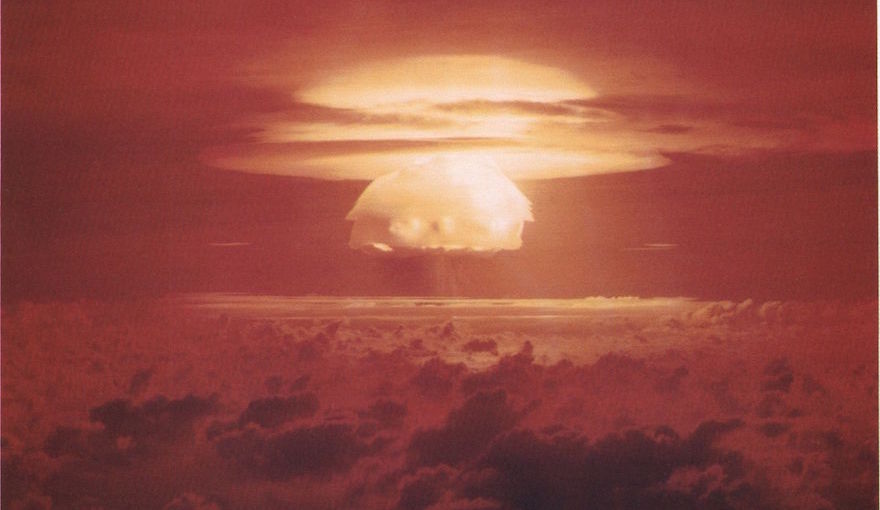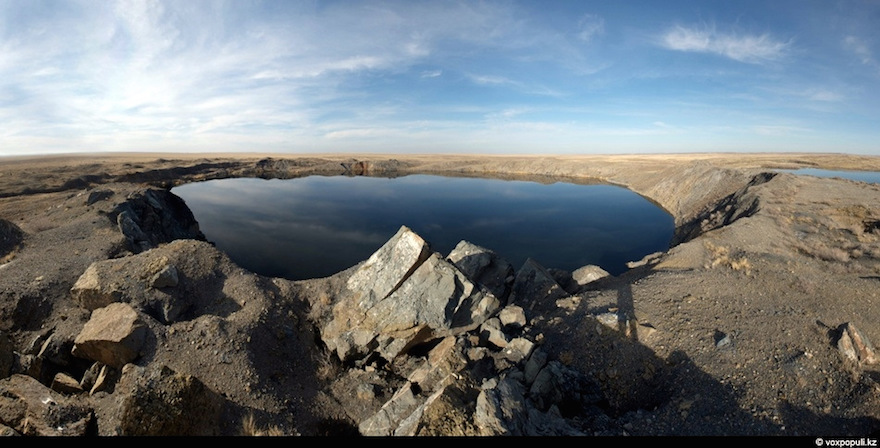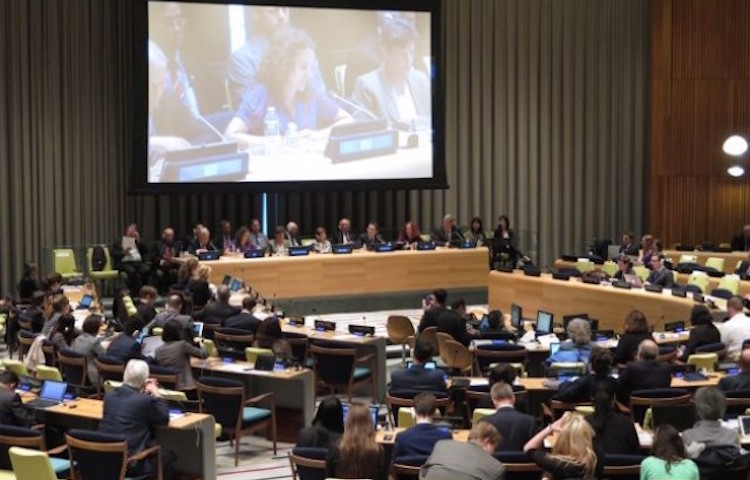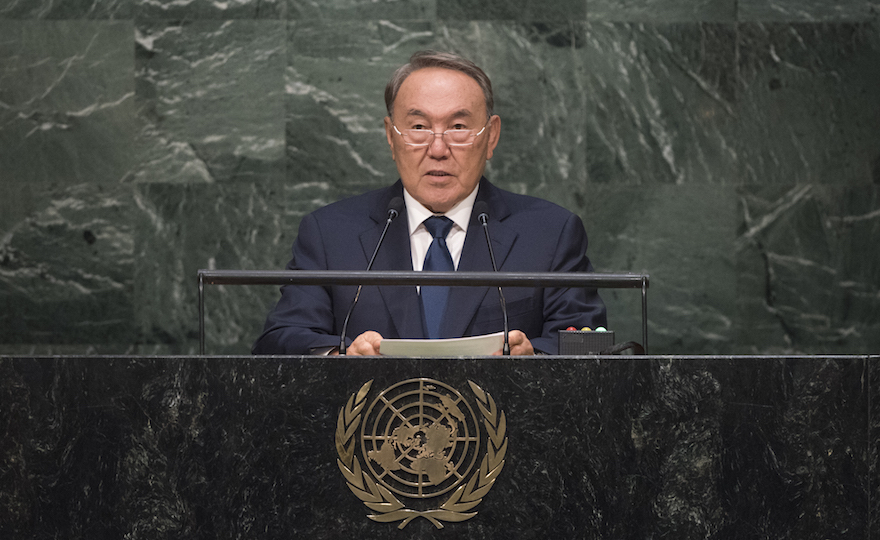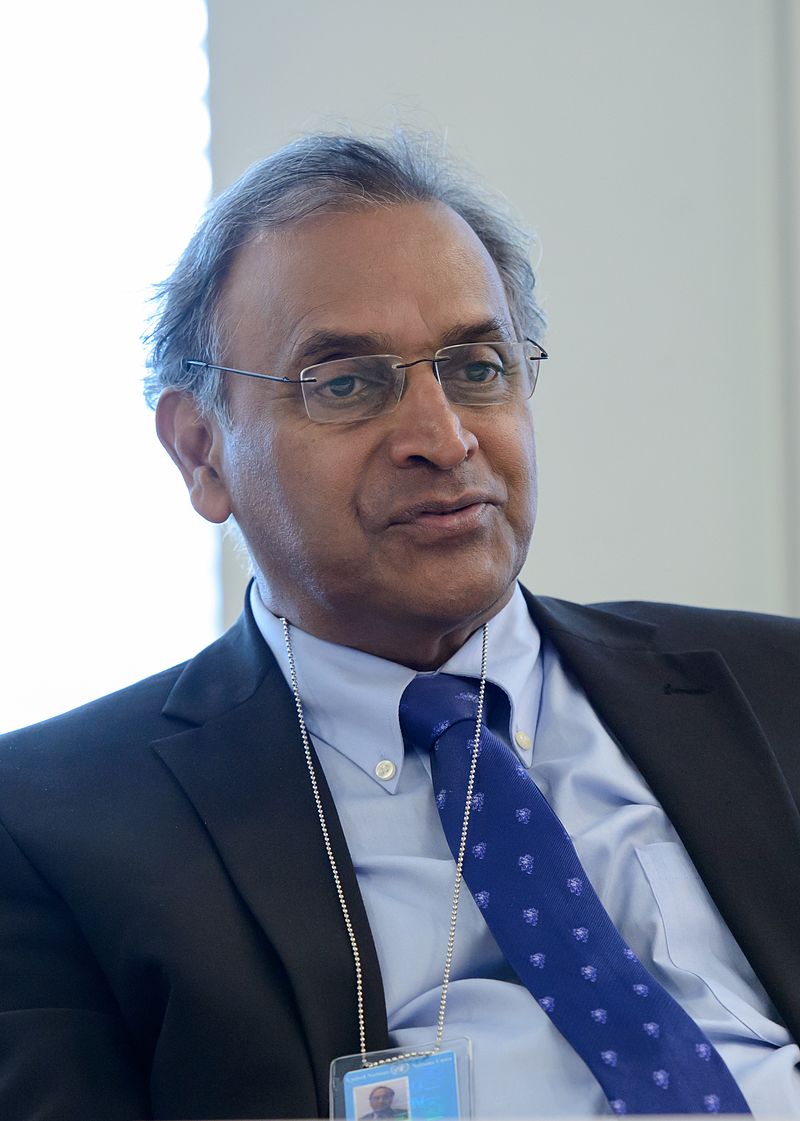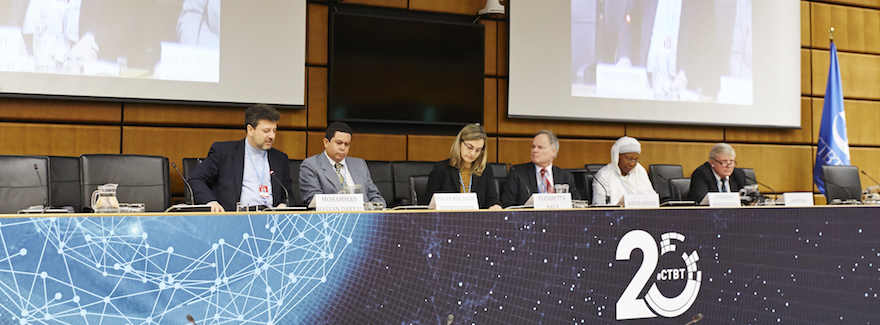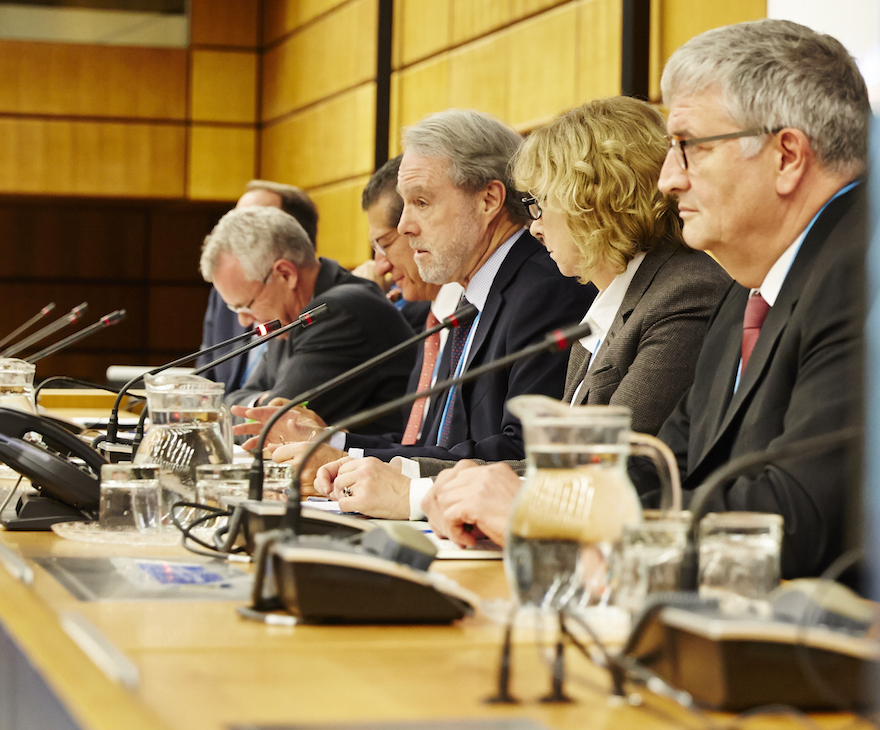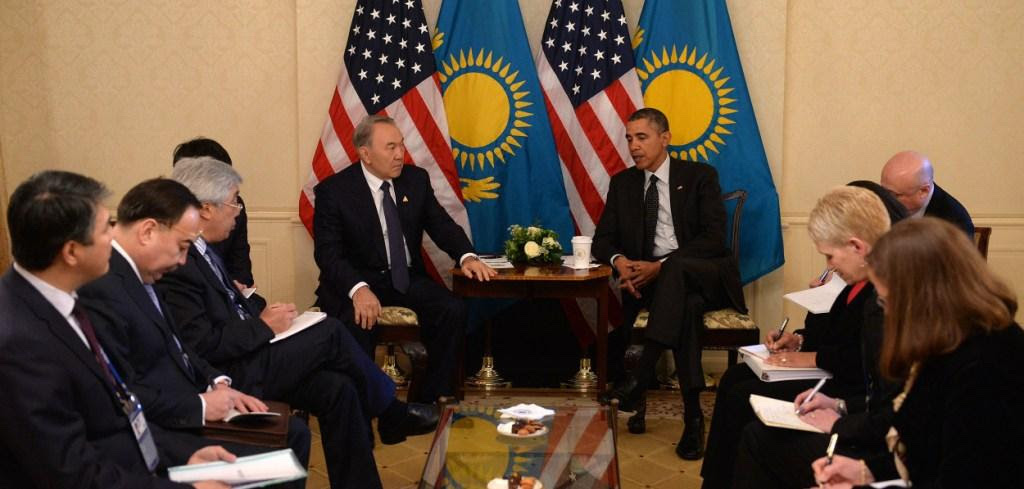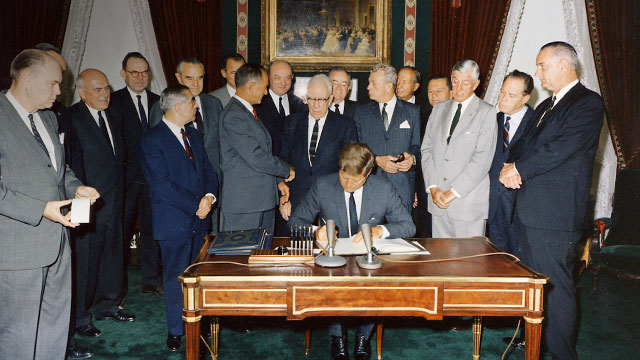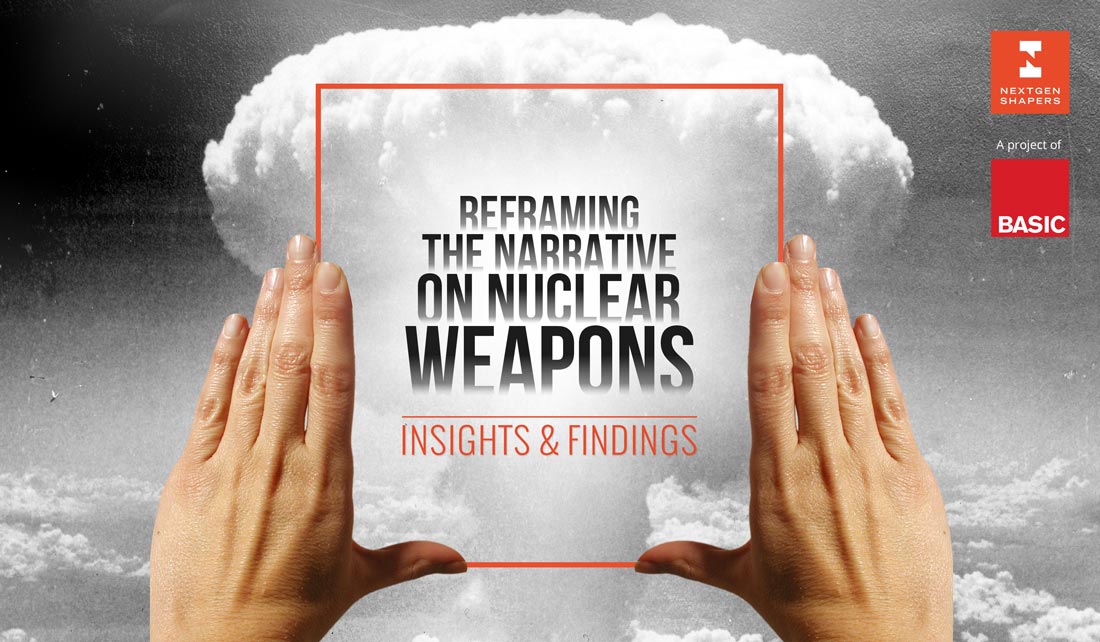By Ramesh Jaura
BERLIN | THE HAGUE (IDN) – After ten days of public hearings involving teams of eminent international lawyers – some backed by staunch proponents of ‘nuclear zero’ and others clinging to the doctrine of ‘nuclear deterrence’ – the world’s highest court is faced with a challenging task of far-reaching significance.
Not the least because this year marks the twentieth anniversaries of the 1996 ‘advisory opinion’ by the International Court of Justice (ICJ) and the opening for signature of the CTBT, the treaty banning all nuclear tests everywhere – nuclear tests that are at the heart of nuclear proliferation.
Explaining the core subject for ICJ’s deliberation, a famous Dutch lawyer Phon van den Biesen said, “from a legal perspective”, the issues presented by the three legal cases “are ordinary ones, but a positive outcome will, spectacularly, change the world”.

